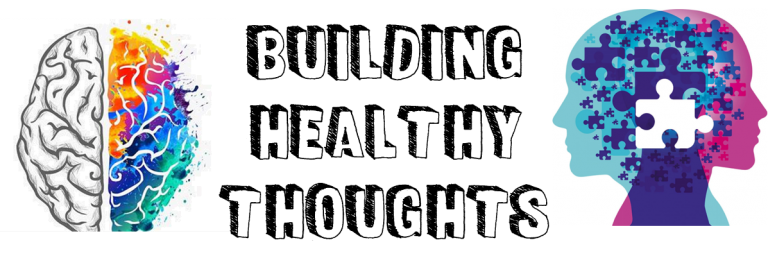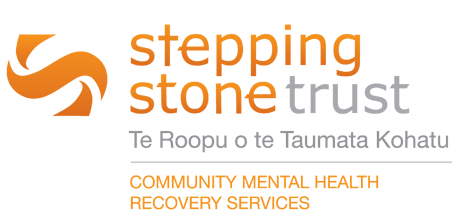
Mindwise

are now being accepted. We welcome referrals from all sources including self-referrals.
Please note, this takes approximately 3 minutes to complete online. After this has been completed, we will make contact, however if you haven’t heard from us, please email: mindwise@stepstone.org.nz or contact us if you have any questions.
Or if you prefer, you can download one of the forms below and email it to: mindwise@stepstone.org.nz. We welcome any questions, either via phone: 027 212 6663 or email mindwise@stepstone.org.nz

Eligibility Criteria
The programme is aimed at those who:
- Struggle with emotional dysregulation
- Struggle to maintain relationships
- Have symptoms, or a diagnosis, of Borderline Personality Disorder (BPD)
- Experience mild to moderate self-harm
- Are aged 18 years and above
- Do not meet criteria for the CDHB Mindsight programme
- Are able to commit to 12 x weekly evening group sessions with minimal absence
- Are willing to work on weekly reflection between sessions
- Are willing to participate in programme evaluation process.
What is Mindwise
MindWise is a 12-week programme that provides participants with information and tools to help them understand their own emotions and the emotions of other people. It is an education group, which uses a Mentalisation Based Therapy approach, but is not itself therapy. The purpose of the group is to equip participants who can then use the tools at home with whanau and friends.
Some of the topics include:
- Communication
- Relationships
- Understanding Emotions
- Managing and Understanding Self-Harm
- Finding Effective Coping Strategies.
Why MindWise was established
MindWise was established in 2016 as a joint initiative pilot programme by Stepping Stone Trust and the MindSight programme of the CDHB Adult Specialist Mental Health Service.
The aim is to help people in the community with issues related to emotional dysregulation and self-harm, who do not meet the criteria for the MindSight programme but still required intervention.
Research data collected from participants during the pilot groups demonstrated a significant reduction in self-harm behaviour according to the self-harm index, and all of the participants reported that the material presented in the programme was useful in meeting their needs.
The project was a nominee at the 2016 Canterbury Health System Quality Improvement & Innovation Awards and has been running successfully since.




